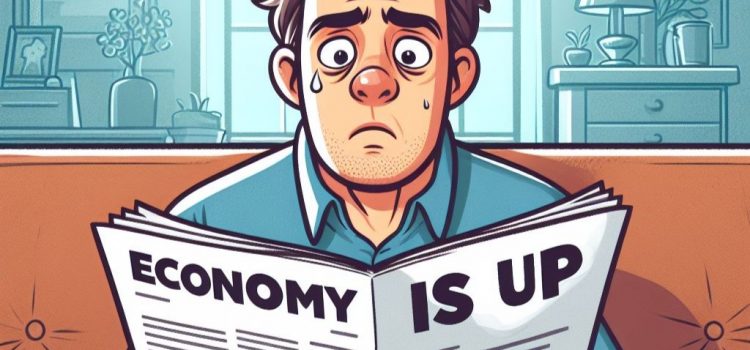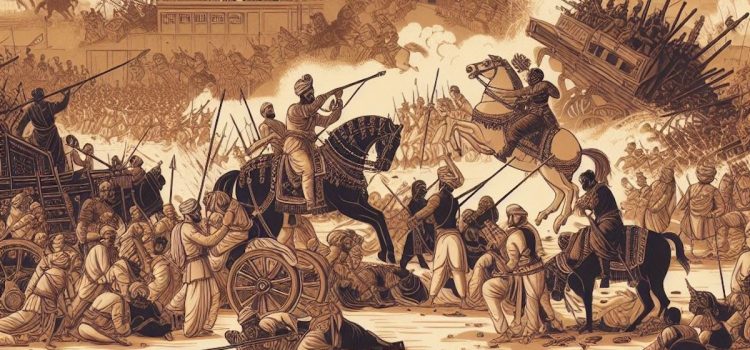Why is there so much economic pessimism in the US, despite an objectively strong economy? How might the disconnect between economic realities and perceptions impact consumer habits and the future state of the American economy? Despite robust economic indicators in the US, public opinion surveys find many Americans are pessimistic about the economy. Factors contributing to the negativity include persistent inflation, political polarization, the media, and lasting scars from the Covid-19 pandemic. Here’s why there’s such a disparity between the numbers and public perception.
Economic Pessimism Rises, Despite a “Strong” US Economy










